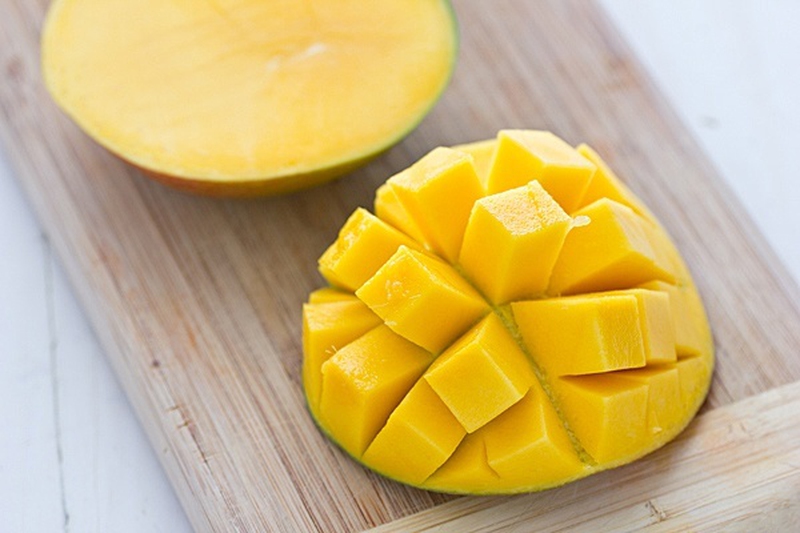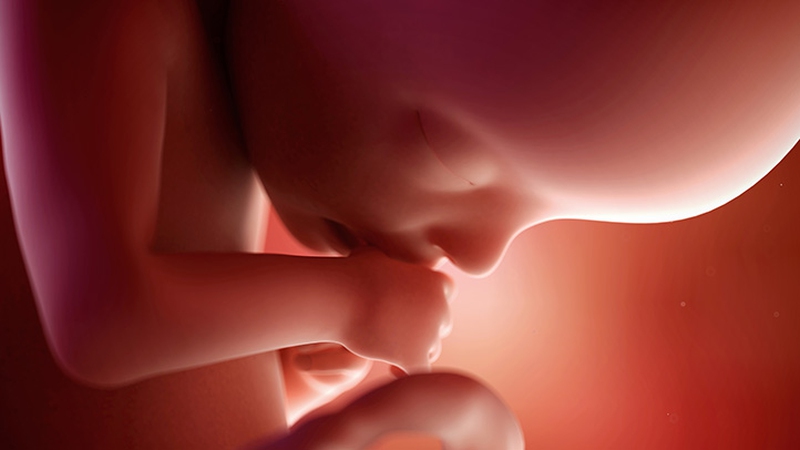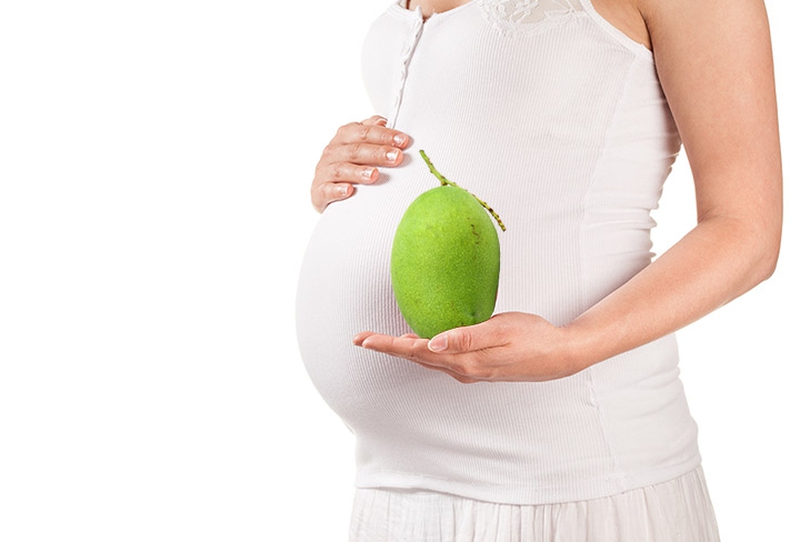You get to have lots of food cravings when you're pregnant - some are as weird as pizza topped with ice cream or pasta soaked in mushroom soup.
Many women had craving for mangoes when pregnant, why not? Aside from its deliciously sweet taste, it is packed with vitamin B6, vitamin A and vitamin B. It is also a good source of iron, folic acid and potassium - these are the critical nutrients needed during pregnancy. It is also loaded with antioxidants and fiber. But for the health of your baby, you may want to know whether mango is good and safe, whether it has any negative side effects you should pay attention, then keep reading to learn more facts about eating mango while pregnancy.

Is Mango Good for Pregnancy?
It prevents anemia during pregnancy.
Anemia is a medical condition when the amount of healthy red blood cells is not sufficient to carry oxygen to the tissues in your body. Anemia during pregnancy is critical as it is associated with premature birth, low birth weight and maternal mortality.
Pregnant women have higher risk of developing anemia because the body produces excess amount of blood to meet the nutrients need of the baby. Eating mangoes is a healthy alternative of iron supplement for anemia prevention. Eating 2 mangoes every day increases your red blood cells count. Now you know the answer to your question of "Is mango good for pregnancy", right?
It's a good source of folic acid.
Folic acid, or the synthetic form of vitamin B9, is highly important not only during pregnancy but post-pregnancy as well. It prevents neural tube defects (NTDs) such as anencephaly and spina bifida. Pregnant women who took folic acid supplementation during their first trimester lower NTDs by 70%. It also lowers the risk of your baby in getting other defects such as cleft palate, cleft lip and some heart disease. It also reduces the risk of preeclampsia. It's also important for the repair, production and functioning of DNA.
Mango is rich in folic acid which helps in optimizing brain development of your baby.
It helps prevent constipation.
Up to half of pregnant women experienced constipation at some point. Pregnant women are more prone to constipation because food passes through their intestines slowly. This is caused by the increase of hormone progesterone. This problem is compounded by taking iron supplements and the pressure of your increasing uterus on your rectum.
Since mangoes are rich in fiber, eating them can help your digestive tract function well. It helps loosen your bowel for a stress-free movement.
It’s rich in Vitamin C.
Both you and your baby need a daily dose of vitamin C as it’s an important component for your body to build collagen. It's also important for wound healing, tissue repair, healthy skin and bone growth and repair.
Mango is good for pregnancy as it’s packed with vitamin C which also serves as antioxidant to help fight free radicals.
It’s packed with vitamin A.
Is mango good for pregnancy? Yes, mango has an adequate amount of Vitamin A, which is important for the growth of your baby. It also helps in the development of lungs, hearts, eyes, kidneys and bones as well as the respiratory, circulatory and central nervous systems. It also helps in the repair of tissues postpartum.
It helps with the development of fetal brain and nervous system.
Mangoes contain vitamin B6, also known as pyridoxine. This vitamin is not only vital for the development of your baby's nervous system and brain, it also aids your baby to metabolize carbohydrates and protein. It also provides relief from vomiting and nausea.
It helps lowers the risk of preeclampsia.
Preeclampsia is a condition which usually appears during the latter stage of pregnancy. It is marked with high blood pressure and can lead to serious condition that can put you and your baby at risk if untreated.
Magnesium is a natural remedy to avoid high blood pressure during pregnancy. Lucky for you, mango has magnesium and vitamin E - both known to prevent preeclampsia.
It prevents morning sickness.
Most pregnant women found that their pregnancy was a difficult phase because of morning sickness, which is a misleading term. The nausea and vomiting do not only occur during mornings but can happen all throughout the day.
Thanks to the sweet mango, you can find relief from morning sickness. Mango is good for pregnancy since the combination of sweet and sour taste prevents morning sickness.
It helps to balance the body fluids.
Maintaining the balance of body fluid during pregnancy is critical - having too little or too much has an adverse effect on your baby. Mango has potassium which aids in ensuring that the balance of body fluid is well-maintained.
It contains copper.
Copper is a vital component for the formation of red blood cells. The body's need for copper increases during pregnancy since your blood supply also increases. Is mango good for pregnancy? Yes, with copper in it, it does help you meet copper need while pregnancy.
However, Pay Attention to the Possible Risks
Though eating mango when pregnant is generally safe, take note of these possible risks.
Diarrhea - Consuming too much mangoes while pregnant may cause diarrhea. This can lead to dehydration which is alarming when you are pregnant. Too much of something is certainly not good enough.
Limit your mango intake during your last trimester as it contains sugar. Having excessive amount of sugar can lead to gestational diabetes.
Ancient beliefs discourage eating unripe and uncooked mango as it may lead to miscarriage.



View All Comments /Add Comment